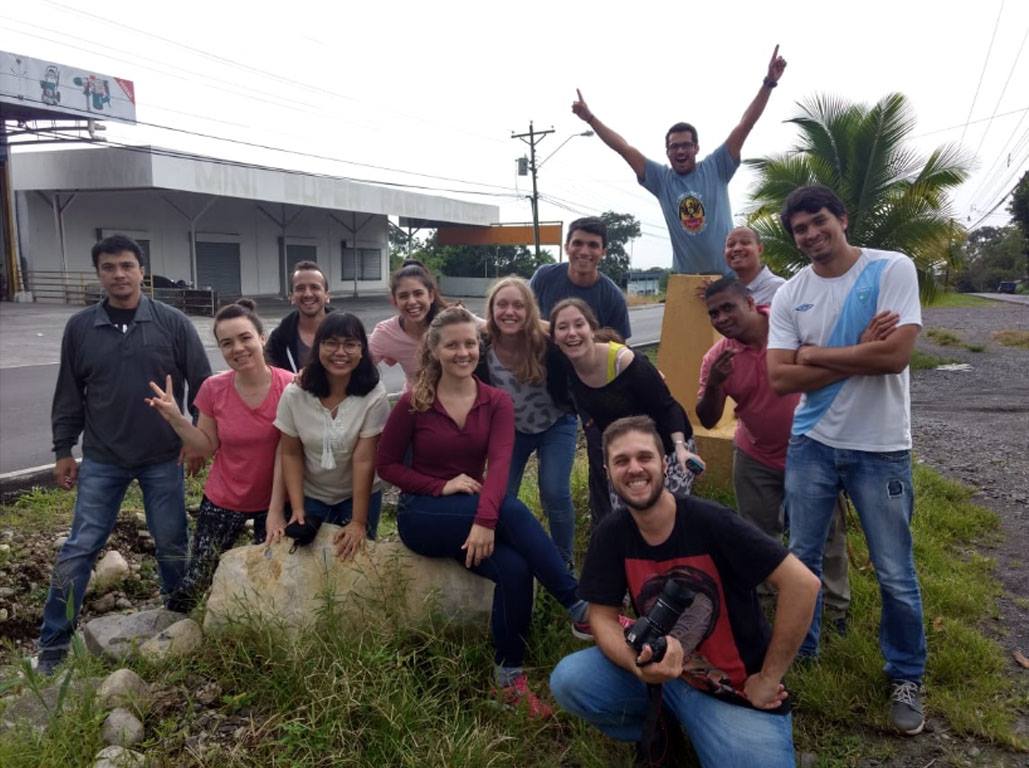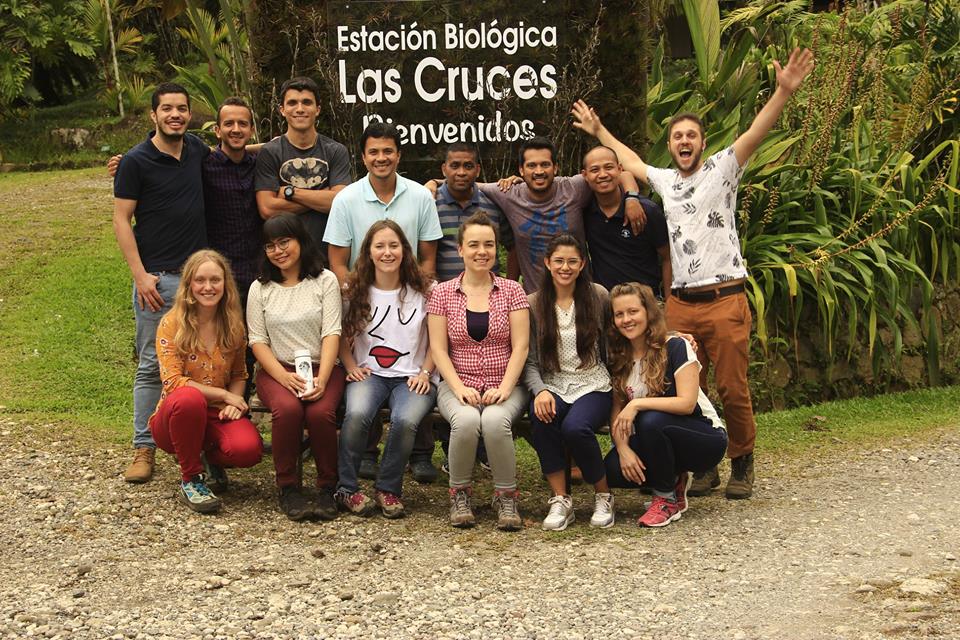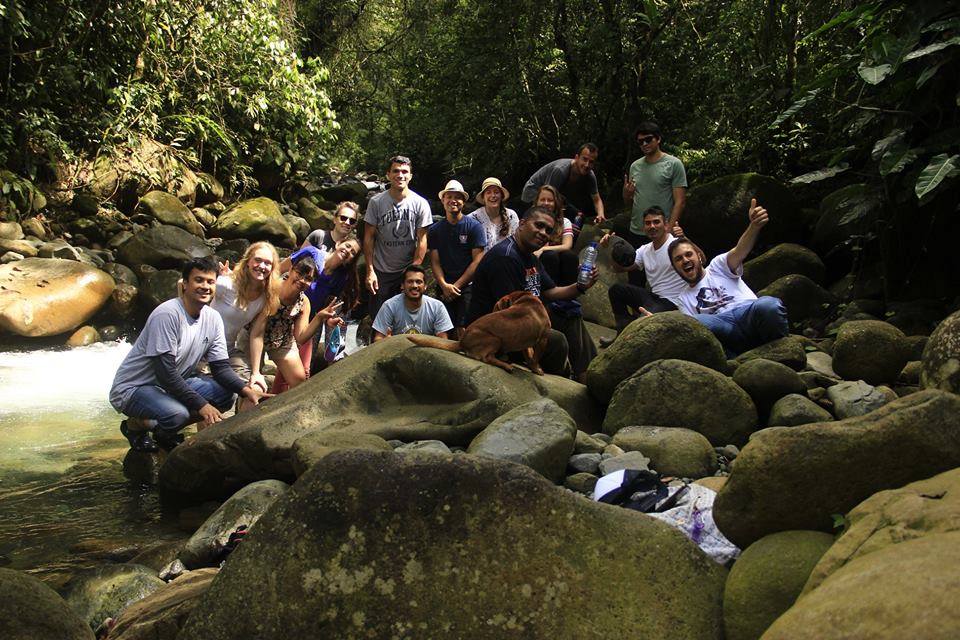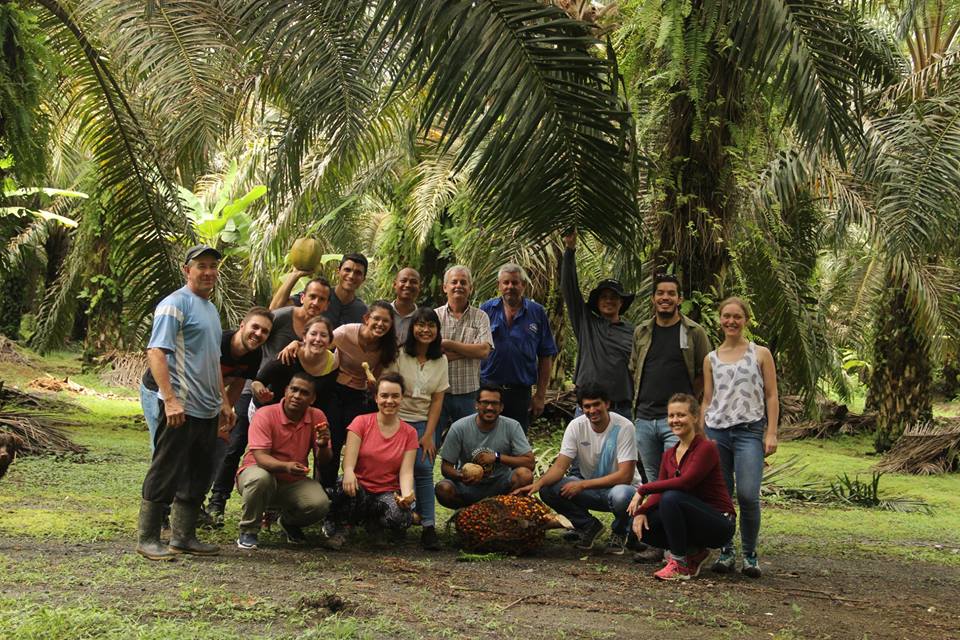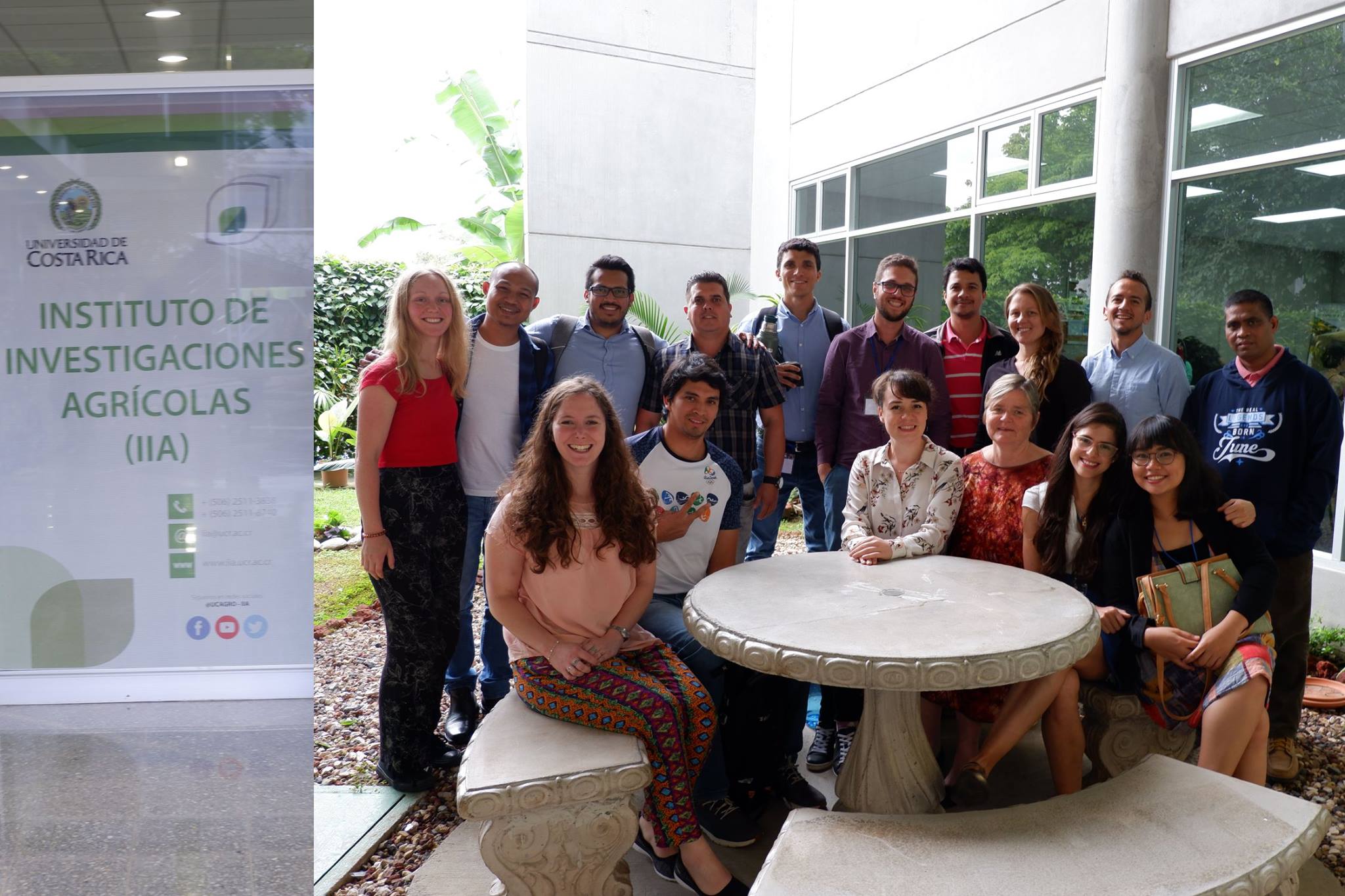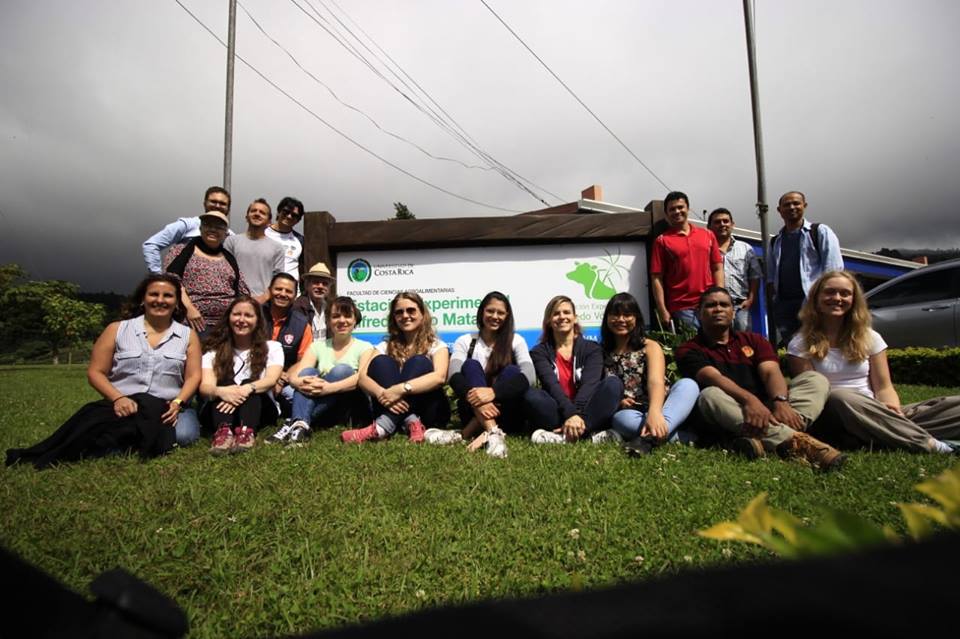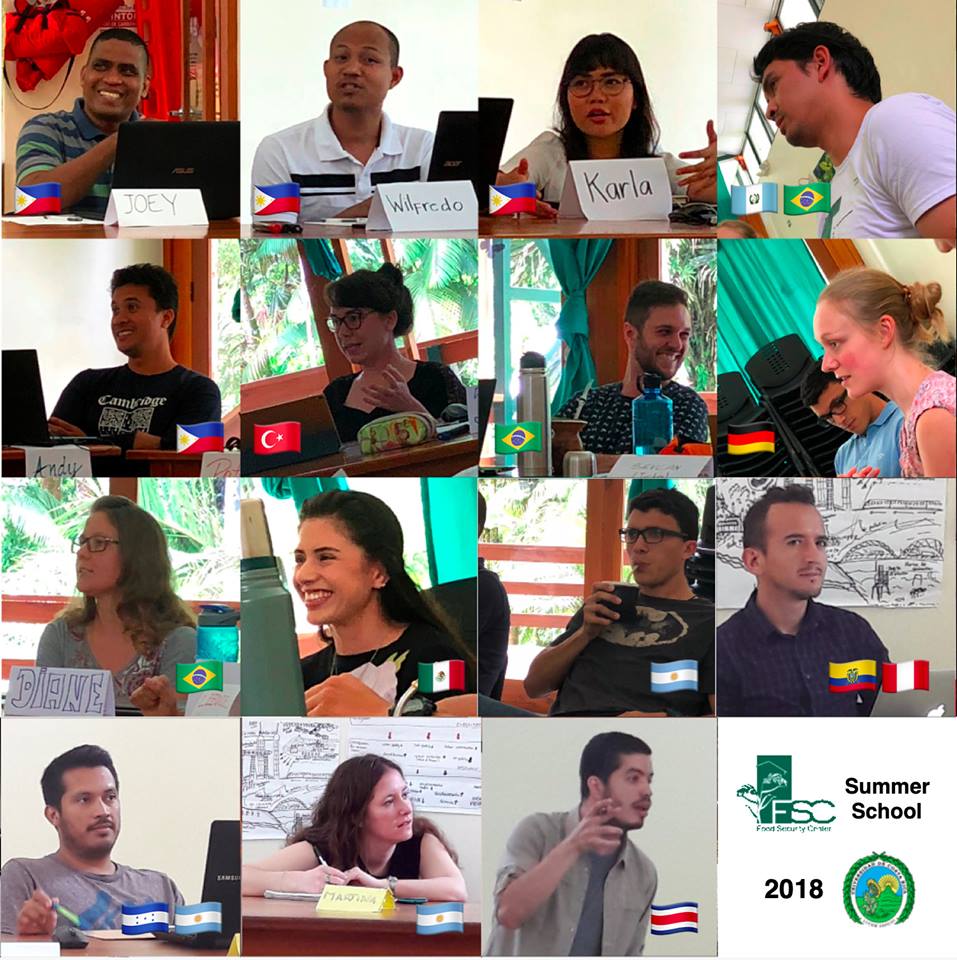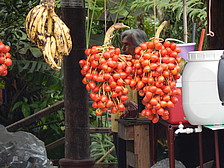Summer School: Food and Nutrition Security from the Planetary to the Household Level
12-30 November 2018 at University of Costa Rica, Costa Rica
Context:
Food and nutrition security issues are very tight interlinked with agricultural, environmental, educational and political determinants. To reduce food insecurity a comprehensive approach needs to be implemented with the involvement of actors from different levels and disciplines. Decisions taken have direct impacts on the individual citizen, the household, the community, and up to the country, (sub-)continent and world level. This summer school aims at considering this multi-layer approach to address food and nutrition security at the different levels.
Organizers:
This Summer School was jointly organized by the University of Costa Rica and the Food Security Center of the University of Hohenheim (Germany), and funded through the DAAD with financial support from the German Federal Ministry for Economic Cooperation and Development (BMZ) in the frame of the Exceed (“Higher Education Excellence in Development Cooperation”) program.
Venue and dates:
The course is being held in Costa Rica, from 12 to 30 November 2018, the first week at the Brunca Region (close to the Panamanian border) and the last two weeks at the University of Costa Rica (main campus in San José).
Participants:
12 PhD students were accepted and the Food Security Center of the University of Hohenheim (Germany) offered scholarships for applicants from countries in Africa, Asia and Latin America listed in OECD DAC, allowing them to cover costs of airplane tickets, accommodation, meals, and transportation in Costa Rica.
Modules:
Three modules were organized:
- Module 1 (November, 12 – 16, 2018): Planetary Health: Perspectives from Costa Rica (Dr. Carlos Faerron, Organization for Tropical Studies, Costa Rica): Participants were immersed in activities that facilitate the internalization of concepts such as environmental health, global health and sustainable development, surrounded by the complexity of correlations between each other. This process of conceptual integration was mediated through problem-based learning, critical discussion exercises and a variable set of community interactions. Broad environmental scenarios and challenges such as atmospheric pollution, water sanitation and hygiene, climate change, agroindustrial development, biodiversity loss, among others, and their respective extension to health and development were the framework to generate efforts that identify strategies to address these issues.
- Module 2 (November, 19 – 23, 2018): Food and Nutrition Security - Strategies for a better life(Dr. Friederike Bellin-Sesay, visiting lecturer and consultant, Germany): Concept of International Food and Nutrition Security. What impedes International Food and Nutrition Security – Problems of food aid, gender inequality and lack in dietary diversity, land deals etc. Topics were assigned to participants to relate them to the situation in their countries of origin.
- Module 3 (November, 26 – 30, 2018): Food and Nutrition Security, the Brazilian experience (Dr.Muriel Gubert (Universidade de Brasília, Brazil): Food insecurity measurement, food insecurity and malnutrition/health outcomes, breastfeeding - the first food to promote food security, food security policies and programs. The course used participatory approaches as much as possible, including; lecture/presentation, discussions and group work. Participants were given reading material for discussion during the course.
